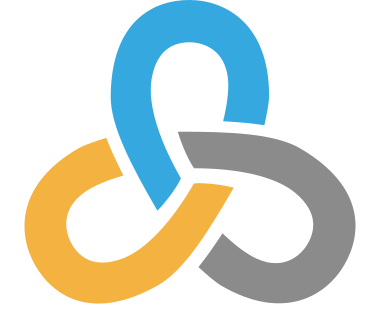The AAG (American Association of Geographers) and US State Department, through EIS Africa, ran the South Africa edition of the GCE MyCOE Youth TechCamp from 13-23 July 2014. Kartoza and its former incarnation Afrispatial, were brought on board to lead the technical and educational aspects of the TechCamp. The TechCamp was ten days of cultural exchange coupled with hands-on GIS learning around a theme of climate change. The main goal of the programme was to stimulate the role of Geography in the students and to teach how new technologies are advancing the use of Geography in the real world to solve problems.
The excellent team in the Geography Department of the University of Pretoria hosted the TechCamp (see their post), while we all stayed at the Altelekker Youth Camp in Irene. Thirty-seven 15-17-year-old high school students did GIS classes, learnt about climate change issues, listened to guest speakers like Colleen Vogel and Roger Ellis, went on field-trips to Freedom Park, Maropeng, Sterkfontein Caves and Dinokeng and had lots of fun. The students were selected over the previous six months through a competitive process: ten from the USA and the rest from South Africa. Students from both countries came from a range of backgrounds: private and public schools, rural and urban, advantaged and disadvantaged. Some were computer literate and even had won GIS awards, while others had hardly touched a computer. The main aim for integrating these students was to initiate a skills transfer as well as a cultural exchange.
The setting for most of the lectures was the University of Pretoria, which was carefully chosen to stimulate the participants into appreciating what university is all about and also making them aware that Geography can be regarded as a career. The climate change project focussed on water-related issues centred around Centurion Lake: pollution, planning, dolomite and sinkholes. We prepared datasets covering Gauteng, including satellite imagery, a DEM, OpenStreetMap layers, Tshwane Metro layers, geology and other public data. These were provisioned from a central PostGIS database and from Spatialite databases on USB drives. The students learnt the basics of GIS, through to digitising, basic analysis and map composition, all using QGIS. They all took the data and QGIS software home with them to share and distribute.
By the end of the TechCamp the students' computer and GIS skills were phenomenal. They were put to good use in the "TechTorrent" on the last day, where each of eight teams presented the research projects they had been developing all week. Their presentations employed tools such as Prezi and ESRI Storymaps and all contained maps made in QGIS.
with contributions from Admire Nyakudya and Bridget Fleming
 Kartoza
Kartoza
Comments
There are currently no comments
New Comment